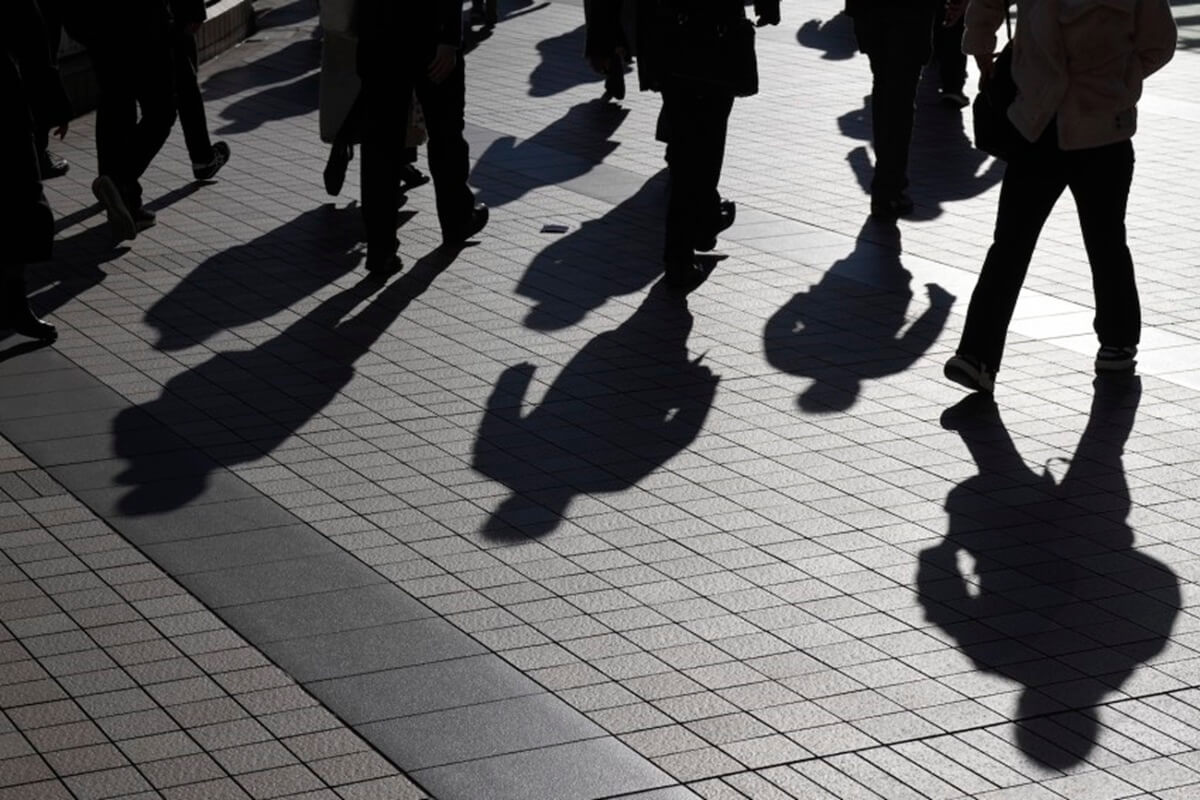Is Japan The Sick Man of Asia?
Henry Hilton | 19 February 2024
Once upon a time The Economist cleverly patented a Big Mac index to show the relative cost of the same giant burger item across the globe.
Now might be a good moment to invent a global Misery Index. This could tell us which country is in the doldrums, who is doing a bit better and where things are really looking bright. Misery would then be defined as an amalgam of high inflation, low growth and weak currency rates. You would not be able to trade or eat it but the "INGRAC" could be calculated for most national economies and adequate comparisons would then follow.
Take Japan for starters. News just out is a double whammy : The country is now officially in recession and Germany has overtaken Japan, leaving it as the fourth largest world economy. How the mighty have fallen. Until the turn of this century, Japan had been second only to the United States, having worked its way up from defeat and occupation to the proud holder of the economic superpower title. Authors who explained how Japan's development model had made it so fast and was seemingly about to lead the "Pacific Century" could do no wrong.
Fast forward and few today will doubt that they are living in a decidedly gloomy era. Just throw in Prime Minister Fumio Kishida's scandal-wracked LDP government, add the unpleasant reality that inflation is high by past national standards, wages are not keeping up with price hikes and note that the nation's economic productivity level is mighty low.
Next stir them together, sprinkle in naughty Toshiba's misbehavior and the ever-expanding budgets for the Osaka Expo and you surely get a Misery figure at the very top end of the chart.
All undoubtedly true and what's more neither the LDP's factions or, if you prefer, their supposed reincarnation as merely innocent study groups, nor the opposition parties appear able and willing to sort out the nation's problems.
Welcome folks to Japan's third "lost decade".
Yet Japanophiles will be quick to tell skeptical readers that it isn't all doom and gloom. The evidence on their side of the ledger includes the fact that the Tokyo stock market has just hit a record high, and unemployment is low. They can underline, too, how millions of overseas tourists are eager to visit and splurge now that all COVID restrictions have been removed.
What may well get ignored, though, is that it has taken a generation and a half for markets to beat the market levels of the once applauded and then derided "bubble economy." Also the fact that the present tourism boom has been fueled in part by cheap currency can be overlooked amid the good news and photos of crowds in Harajuku and shoppers at electronic discount stores. Even the dowdy British pound and the euro have been knocking spots off the once all-conquering yen.
Yet if things look pretty bad here, it might be fair to ask where China also stands in the global "INGRAC" stakes. No one can adequately do the maths, however, since expert commentators invariably warn their audiences that the official stats coming out of Beijing are more than probably massaged to look good. Financiers and diplomats will tell you to knock a good few percentage points off as a general rule of thumb.
Exactly how much the figures should be discounted to make for fairer international comparisons is anyone's guess. What is undeniable, though, is that the years of China's double digit growth have gone and won't be coming back.
All this leaves the Chinese Communist state only too aware that their young graduates are having trouble finding decent jobs and that times are getting harder with quite extraordinary property mega-collapses and major financial uncertainties. Housing booms have been replaced by busts and speculators have lost out across the board. Overseas investors who got out in time were the lucky ones.
Perhaps then the fairest, neutral solution in early 2024 is to come up with a shared Misery award for the twin sick men of Asia: Japan and China both deserve a wooden spoon apiece to hang on the doors of their finance ministries.
Henry Hilton, Author.
This article was originally published on Japan Today.
Views in this article are author’s own and do not necessarily reflect CGS policy.
